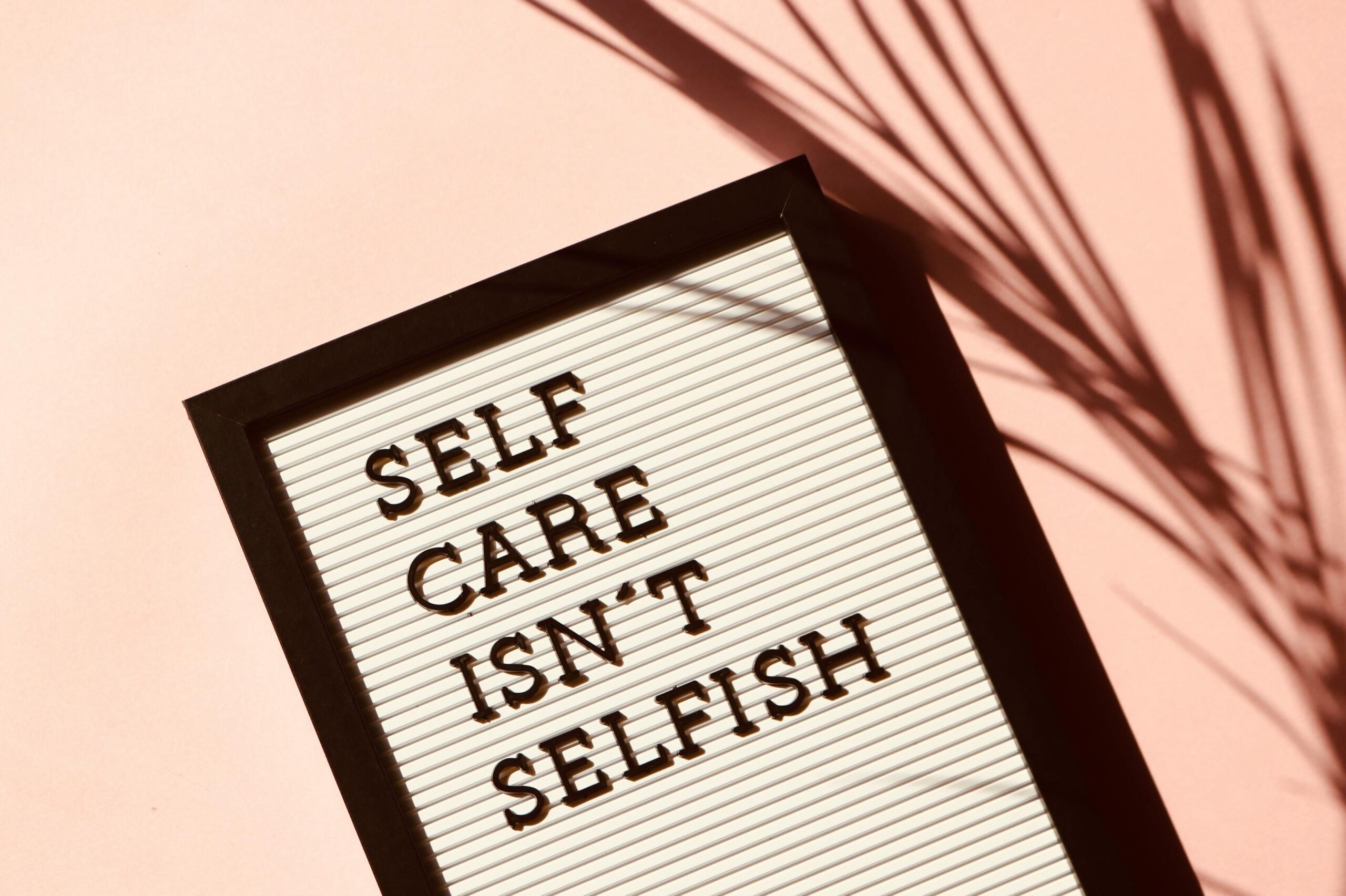It shouldn’t take ‘International Women’s Day’ for gender diversity to come to the table but what better day to engage with what it means to all of us, why it’s important and how we can play our part. We know that ‘an equal world is an enabled world’ and as people professionals have the chance to forge a gender equal world. We should all commit to take action for equality and in turn this enables us to continually raise awareness against bias.
The history of International Women’s day is often misquoted and many articles state that it began from a gathering in 1911. It actually started before this. Back in 1908 inequality and oppression was leading to individuals campaigning for change. The first demonstration brought together more than 15,000 individuals who marched the streets of New York City protesting for shorter working days, increased remuneration and the ability to vote. However, the first formally recognised day followed this.
In 1911 International Women’s Day was first prevalent in Europe as over one million people attended rallies pushing for the end to discrimination. They were seen across Denmark, Germany, Switzerland and Austria as people took to the streets on mass.
The one hundred year centenary celebrations in 2011 saw these four nations repeat the events of the first formal International Women’s Day. In turn, huge steps forward were seen with “Women’s History Month” launched by Barack Obama pushing for the people of America to mark the day. American’s were encouraged to acknowledging all of “the extraordinary accomplishments of women” in transforming the great nation into what it is today and being responsible for shaping it’s history. In London Annie Lennox led a march from London Bridge to the Royal Festival Hall crossing the Millennium Bridge and the Hungerford Bridge in the process.
The modern day has seen progress made, more women are in the boardroom and there has been a sea change in terms of thinking and culture. Legislation has been altered to bring closer equality to male and female rights. Sadly however, while progress has been made there is still a long way to go. 1970 saw the Equal Pay Act made into law, but fifty years later we have still not found equality. The Equality Act in 2010 enforced the message that is unlawful to pay people unequally because of gender but still a large gap exists.
We have seen further thinking and attempts to improve this process. From a recruitment angle, I can tell you that in New York City, you are not allowed to ask candidates their current salary. The viewpoint being what you currently earn is not important, what’s important is the role, responsibilities and duties that you will undertake. As such, why should you need to know what someone receives now. Should all hiring focus on salary brackets? Most offers we get for candidates are simply ’10-15% uptick on what they earn now’ but this will never close the gap. This will always mean those trailing behind, continue to do so as percentage uplifts will never close the gap. Should this policy become a part of legislation globally? Would it help to close the gap?
In 2018 for the first time companies with over 250 employees had to publish their gender pay gap data. 2 years later and we’ve not seen anywhere near the improvements we’d have hoped for as we patiently wait for this year’s declarations. Some industries showed over 25% as the gap and financial services where Black Swan Group does their work was not much better. In 2018 the gender pay gap for Financial Services including the Insurance industry were viewed to be 22%. Two years later many fear we will shortly find out (reporting happens in April) that this has not improved much since then.
What can we do to promote parity? From a recruitment angle all we are trying to follow the IWD’s campaigns. In 2020 it’s #EachforEqual and in 2021 #ChooseToChallenge. So we are challenging, when shortlisting we are asking why there’s not diversity and parity and when negotiating salaries contesting why one candidate would be paid X% less than another candidate to do exactly the same role. While we alone can not change the landscape, we can start by doing the best we can. Will you join us and #ChoosetoChallenge





